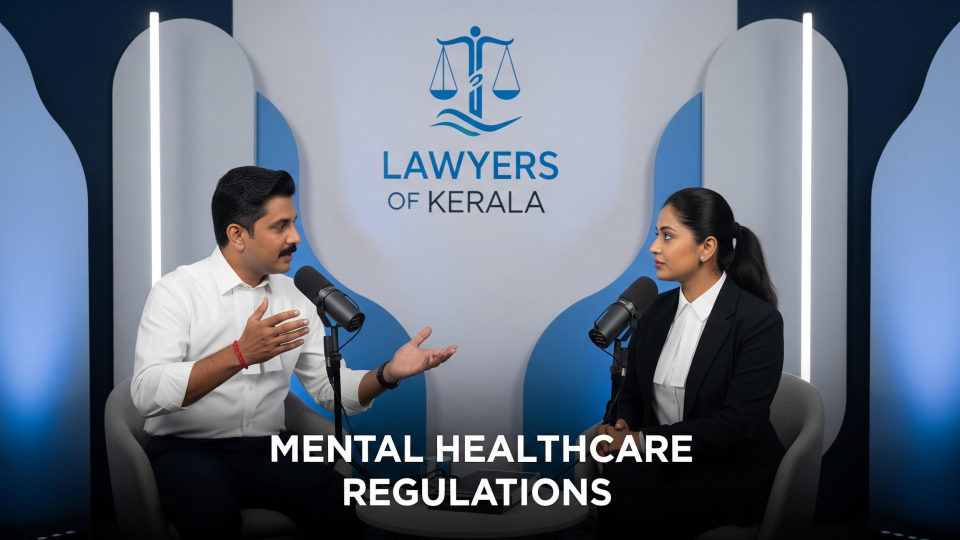The Central Mental Health Authority (CMHA) issued a notification on August 12, 2025, which was published in the Official Gazette on August 13, 2025. These are the Mental Healthcare (Central Mental Health Authority) Amendment Regulations, 2025, which amend the original Mental Healthcare (Central Mental Health Authority) Regulations, 2020, published on December 18, 2020.
The key amendment involves the insertion of a new Chapter VII into the 2020 regulations, focusing on the Classification and Categories of Mental Health Establishments.
All mental health establishments specified in these regulations must be registered with the respective Authority under Section 65 of the Mental Healthcare Act, 2017.
The new chapter classifies mental health establishments into five categories:
Category A: Standalone Mental Health Establishments
These are independent and dedicated centers providing in-patient mental health services, not part of a general or multi-specialty hospital setup.
Examples include standalone central and state mental hospitals, private mental hospitals/institutes, and psychiatric nursing homes.
Services offered may include in-patient care (acute crisis intervention, long-term care, substance use disorder treatment) and comprehensive psychiatric services (diagnostics, pharmacological/psychosocial interventions, rehabilitation components).
Category B: Psychiatric Department of Medical Colleges
These facilities have in-patient psychiatric departments within medical colleges, providing integrated clinical and academic services.
They include in-patient psychiatric wards of both government and private medical colleges.
Services typically involve contributing to capacity building in mental health professions through integrated academic and clinical structures, clinical care, undergraduate/postgraduate training, psychiatric research, integrated care for co-morbid conditions, outpatient services, and emergency/crisis interventions.
Category C: Psychiatric Wards of Multi-specialty Hospitals
These are psychiatric units or wards within general or multi-specialty hospitals, district mental health programme units, and similar facilities.
They offer in-patient mental health services alongside other medical specialties.
Examples include psychiatric units/departments/wards within private multi-specialty hospitals, district mental health programmes, district hospitals, sub-district or taluk hospitals, and community health centers.
Services include short to medium-term in-patient care, integrated care for co-morbid psychiatric and physical health conditions, outpatient services, and emergency/crisis interventions.
Category D: Standalone De-addiction Centres
These are independent or dedicated centers specifically providing in-patient services for substance use disorders, without being part of other health or mental health institutions.
They may include facilities like integrated rehabilitation centers for addicts and addiction treatment facilities under the Ministry of Social Justice and Empowerment.
Services range from short-term detoxification to long-term residential rehabilitation, including acute detoxification, withdrawal management, and rehabilitation.
Category E: Centres for Psychosocial Rehabilitation
These centers offer residential psychosocial rehabilitation and long-term community-based care for individuals with mental healthcare needs.
Support provided includes activities of daily living, recovery, independent living, skill development, and social reintegration.
Examples are quarter-way homes, halfway homes, and long-stay homes that provide overnight accommodation.
Services typically include life skills and vocational training, functional improvement, supportive residential environments, independent living facilities, community reintegration, and long-term supported care.
The notification was signed by Ms. Aradhana Patnaik, Chairperson of the CMHA.


